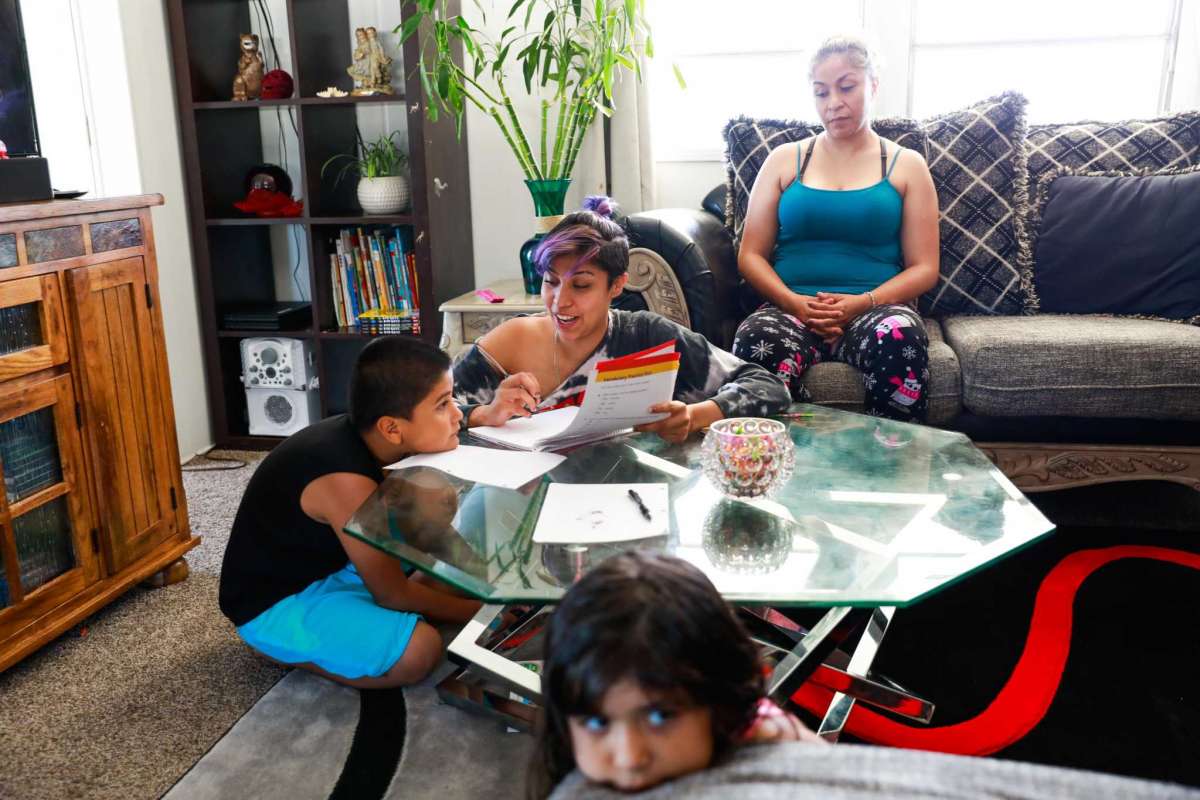
When the coronavirus began to spread at an alarming rate in the Bay Area, Miriam Moreno stopped going to work.
Moreno, who is severely asthmatic and prone to bronchitis and other pulmonary complications, was terrified of possibly contracting the virus at her cashier job at Costco in Sunnyvale, where she works with her eldest daughter, Briza Moreno.
Miriam Moreno took a one-month, unpaid leave in March to stay safe, hoping that the family could scrape by with just one income. But days into the state’s shelter-in-place order, Moreno’s husband, Ricardo Ayala, lost both his restaurant jobs.
“It was really hard for those two weeks because we didn’t expect that my stepdad was going to lose work,” said Briza Moreno, who also took an unpaid, two-week leave from Costco. “It was just like, ‘Oh my God, what are we going to do?’”
The struggle that a lot of these families are going through, where both of the people that were bringing in money are no longer working, there’s no reassurance that you can give them. You can’t really say, ‘Oh, it’ll be better next month,’ because you just don’t know.
The couple live in the Henderson Home Apartments, a mobile home community in Sunnyvale, with their four children: Briza, 19; Cain Ayala, 9; Gael Ayala, 7, and Kimberly Ayala, 6. Though there’s a moratorium on evictions in Santa Clara County and statewide, they worry about having to pay back a growing rent sum in the coming months.
Like many low-income families across America, Moreno and Ayala have been devastated by the economic fallout of the coronavirus pandemic and face mounting bills as the region moves toward reopening.
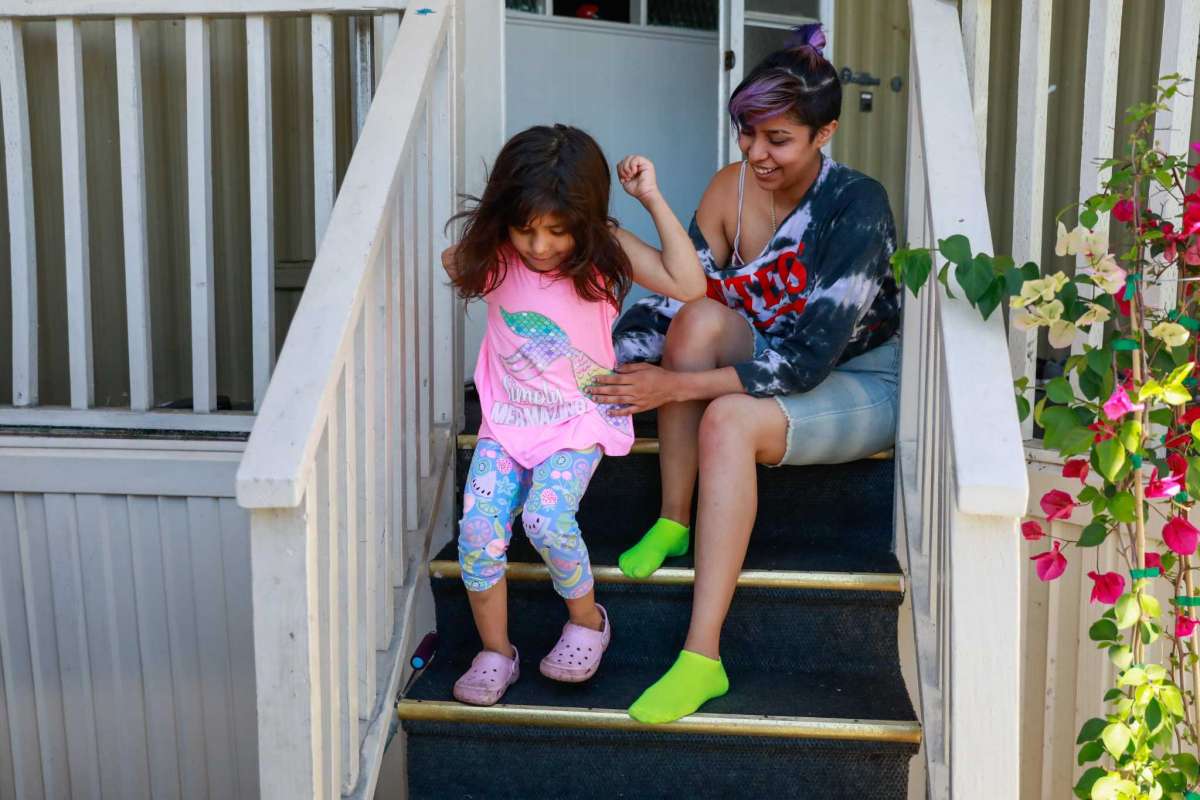
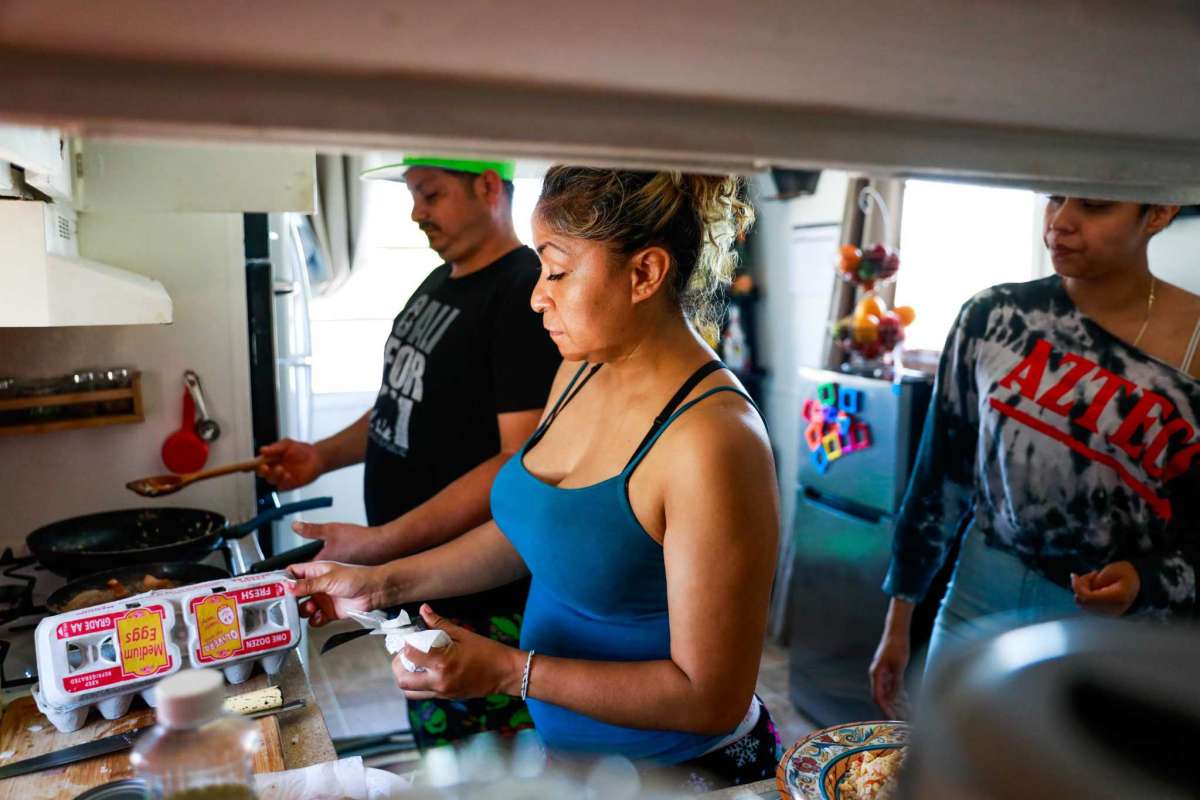
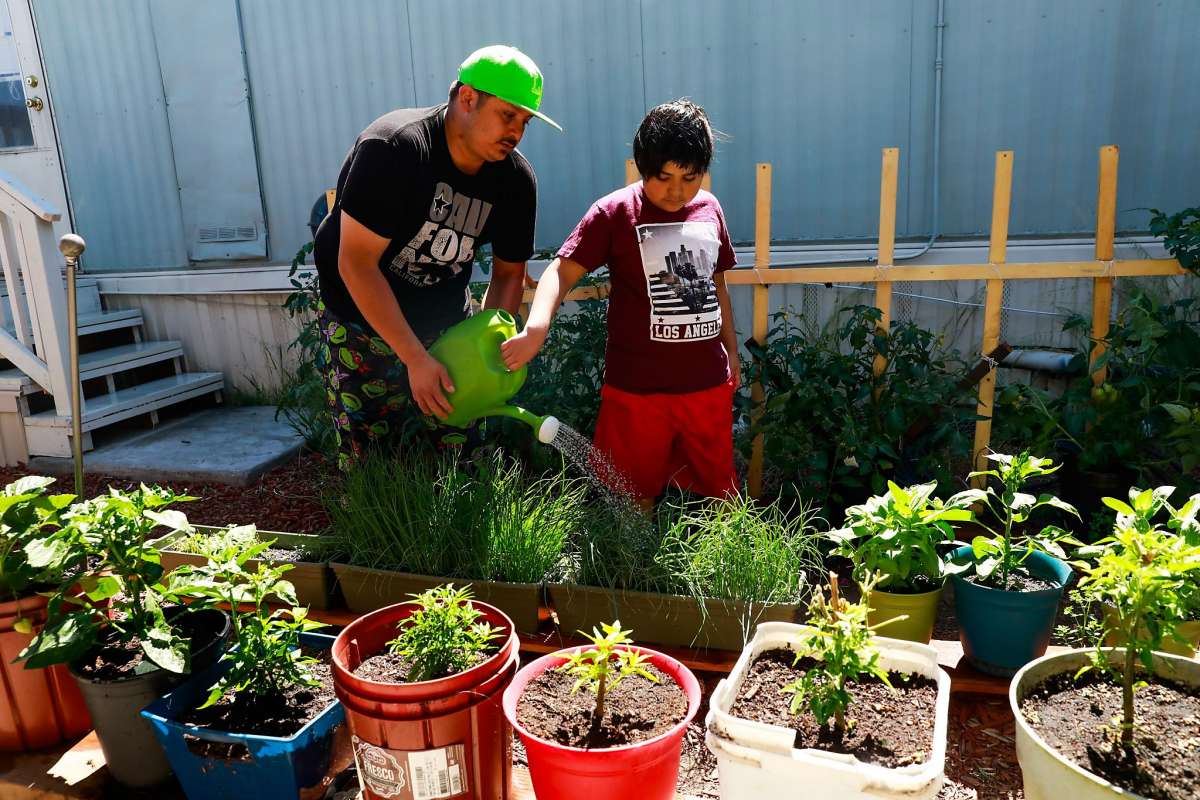
The couple are struggling to provide for their children, two of whom have developmental disabilities, and ultimately sought help from nonprofit Sunnyvale Community Services, which stepped in with The Chronicle’s Season of Sharing Fund to cover the family’s April rent.
The Season of Sharing Fund works year-round to prevent homelessness and hunger in the nine-county Bay Area. Donations to the fund help thousands of people in the Bay Area throughout the year, with administrative costs covered by The Chronicle and the Walter and Evelyn Haas Jr. Fund. Assistance is in the form of grants paid directly to the supplier of services, such as a landlord. During the pandemic, the fund has expedited the release of $4 million to help with housing and other critical issues caused by the economic fallout.
Renters in California cannot be evicted now because courts are banned from processing evictions and foreclosures until 90 days after the governor ends the state of emergency.
Under the county’s eviction moratorium, which the Board of Supervisors extended through Aug. 31, tenants who do not pay rent will not be evicted and will have 120 days to pay the total rent they owe.
But paying a significant amount of rent at once would cause significant financial hardship for the Ayala family, they said.
“We don’t know what’s going to happen. We’re kind of just riding out the wave at the moment hoping that we are going to get help from somewhere,” Briza Moreno said. “If anything, I will probably just give all of my check to mom so it can help cover something.
“Something is something,” she said.
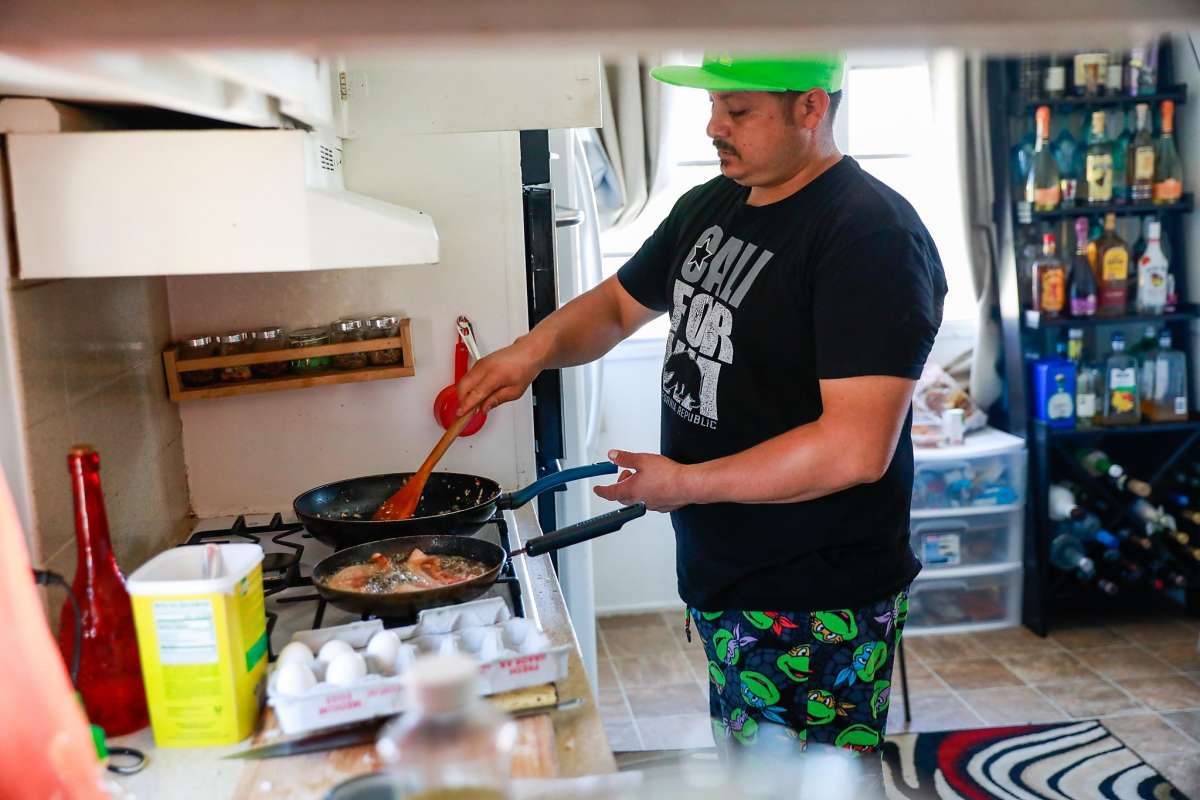
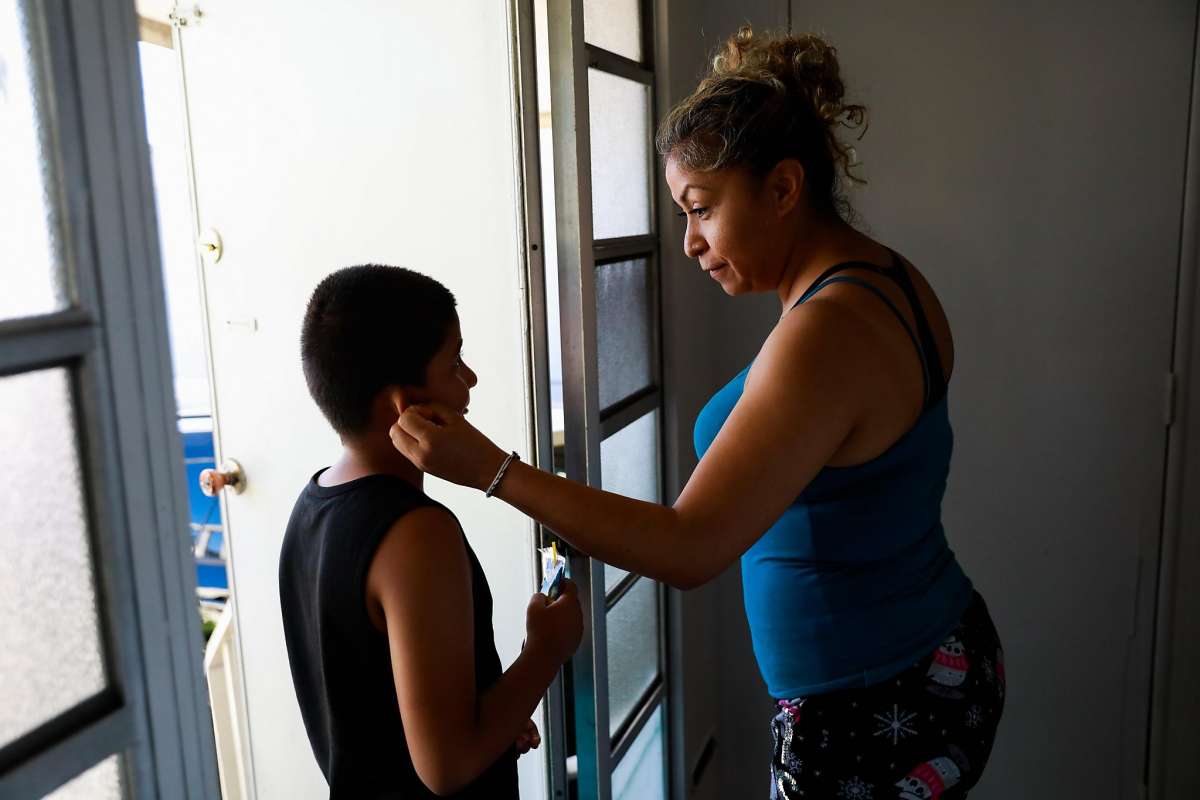
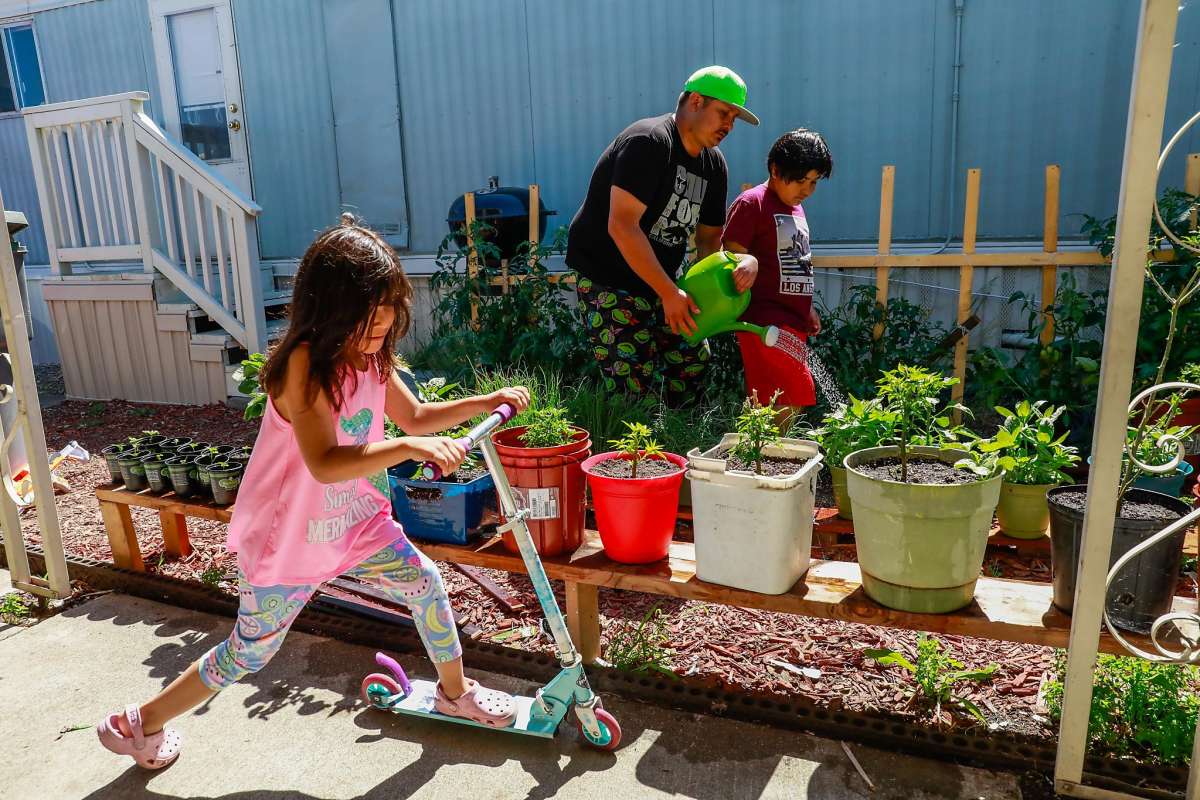
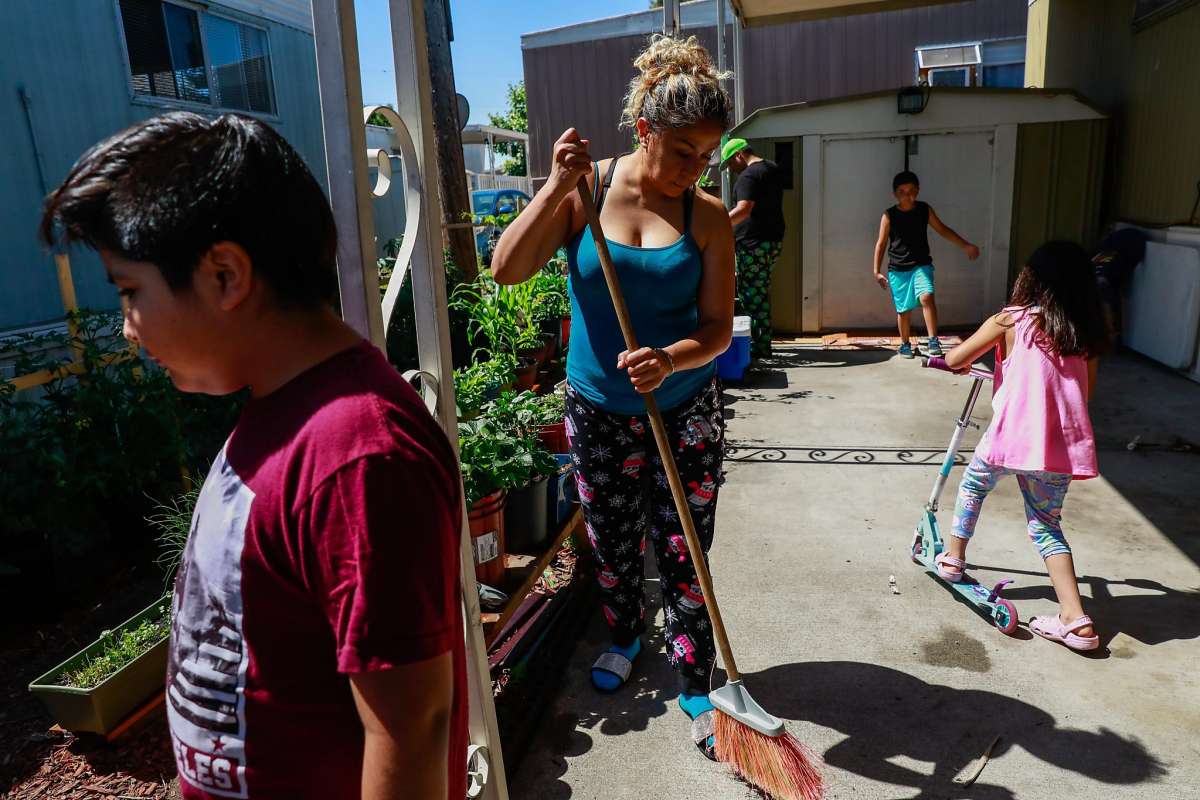
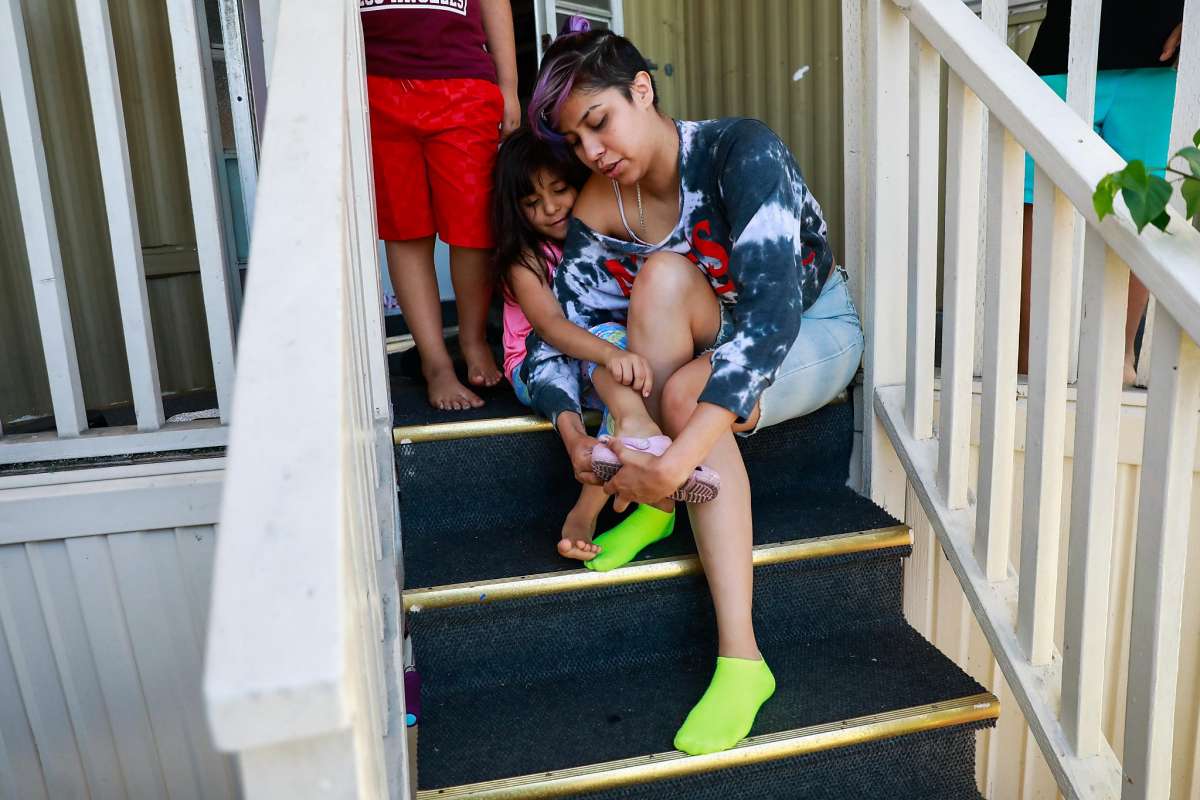
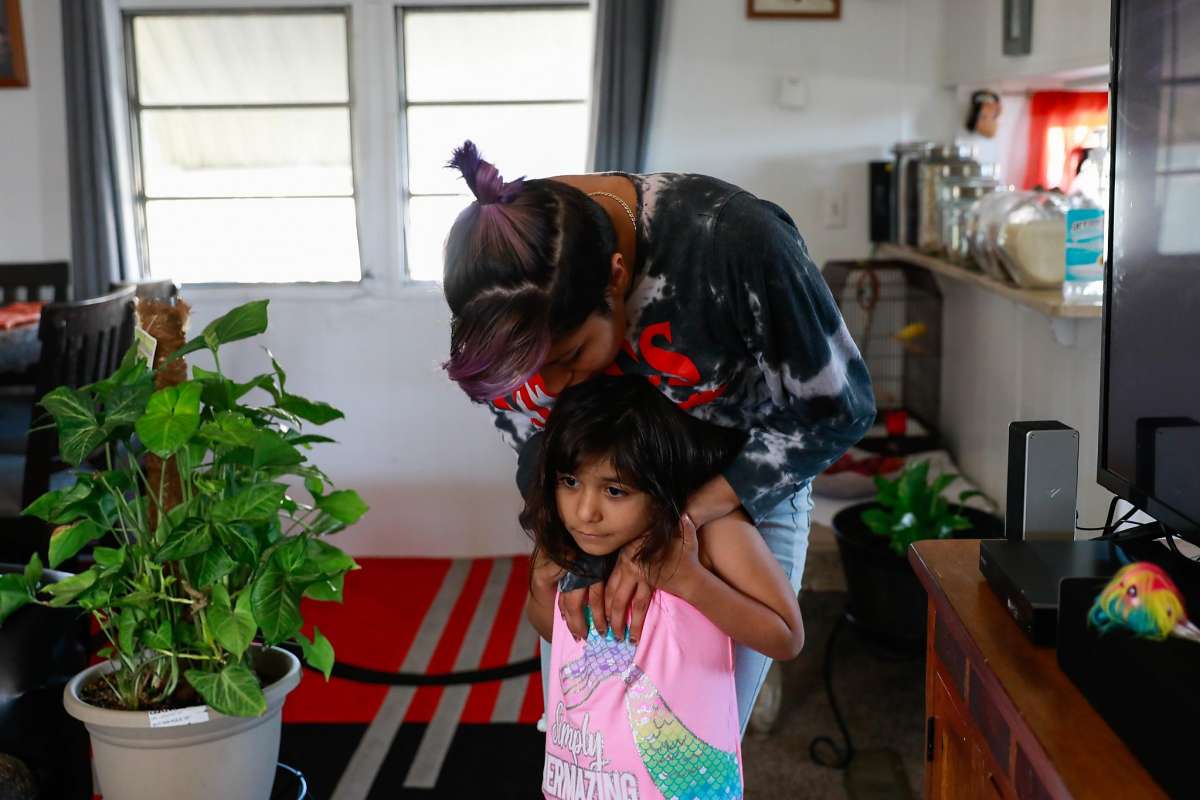
Most counties across the state have begun to ease shelter-in-place restrictions and are moving toward reopening businesses.
But the economic impact of the pandemic will be long-lasting for families like the Ayalas, who were already struggling to get by in a region known for its exorbitant housing prices.
Since the pandemic hit, the couple have had to borrow money from a family member and visit food banks to make ends meet. Several nonprofit organizations turned them away because they were inundated with calls for help, Moreno said.
“The struggle that a lot of these families are going through, where both of the people that were bringing in money are no longer working, there’s no reassurance that you can give them,” said Keisha Miller, the family’s caseworker and program manager of client services at Sunnyvale Community Services. “You can’t really say, ‘Oh, it’ll be better next month,’ because you just don’t know.”
“That’s the hardest part about it, telling people, ‘OK, we can help you for this month,’ but then we don’t know how far this funding is going to go,” Miller said.
Miriam Moreno returned to Costco in April but is working only five hours a day since her medical condition makes her particularly vulnerable to the virus. Ricardo Ayala now works odd jobs and is hoping to return to work after South Bay restaurants reopen.
“Some weeks, they don’t call him at all,” Miriam Moreno said.
Because they are not U.S. citizens, Moreno and Ayala did not receive stimulus checks.
Because of her parents’ status, Briza Moreno also did not receive a check, despite being a U.S. citizen with a part-time job.
“I understand my situation with him, but my daughter, she’s a U.S. citizen,” Moreno said. “I don’t understand why they did that.”
As the eldest daughter, Briza Moreno helps her parents financially and helps raise her younger siblings. She has returned to her part-time job at Costco and plans to start at San Jose City College this fall.
“I try to stay positive throughout this entire situation. I know it could be stressful and people can have their hard days. But we have to keep our humanity,” she said.
Tatiana Sanchez is a San Francisco Chronicle staff writer.
Email: tatiana.sanchez@sfchronicle.com Twitter: @TatianaYSanchez
Read the full article at: https://www.sfchronicle.com/bayarea/article/What-are-we-going-to-do-South-Bay-family-15304937.php
